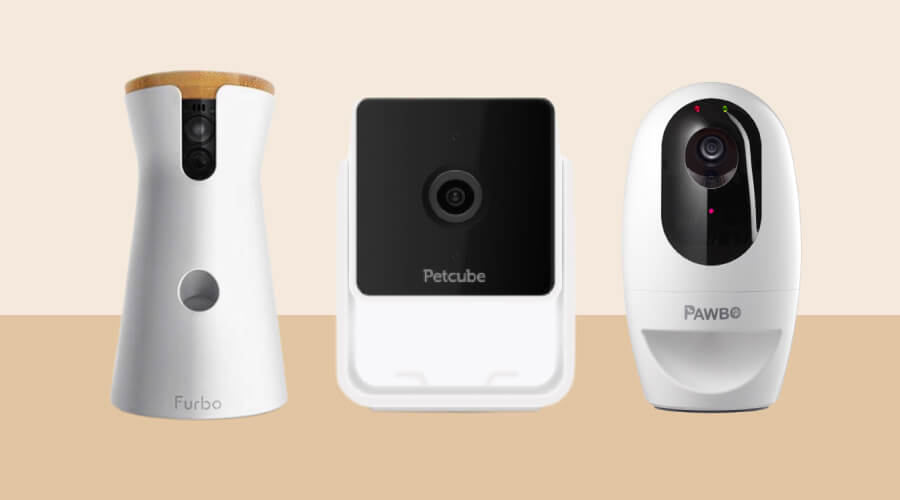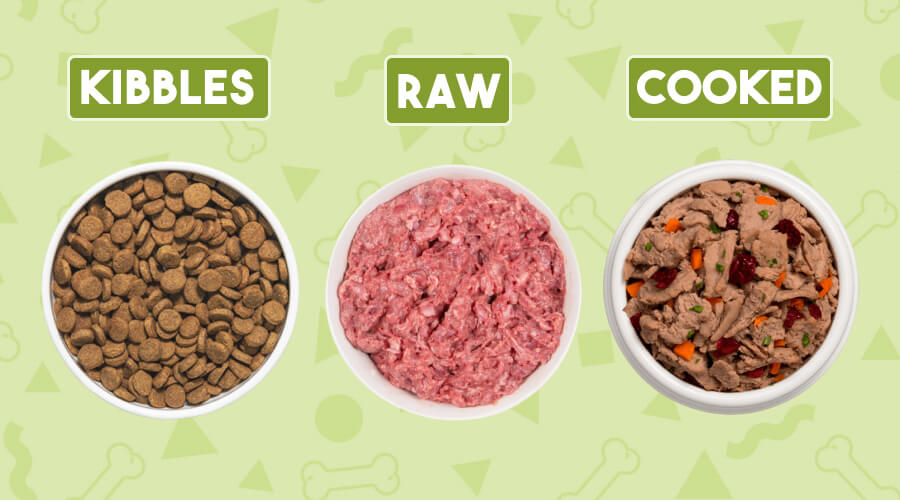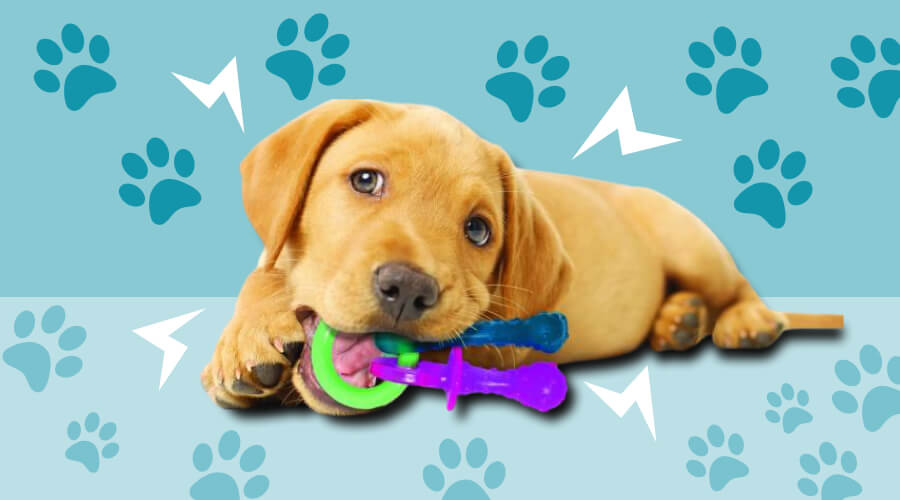So you’re bringing home your new fur baby soon. You’ve found the perfect companion and already have the sweetest name chosen. Now what? Well, now the fun (and if we’re being honest – hard work, too) starts.
Owning a puppy who will eventually grow up into an adult dog is hard work, but with the right supplies and advice, you can make raising a puppy one of the most fun and rewarding challenges you’ve undertaken.
Our new puppy checklist has tips and tricks for all the important things you need to think about before your puppy arrives home. However, it’s not essential to buy everything all at once (although it does help to be extra prepared).
From the essential lead and collar to crates, dog training treats, the best toys and grooming tools and more, we’ve got a huge list of all the best products and information you need for raising a puppy.
Let’s dive in!
New Puppy Checklist: Essentials
- Before puppy comes home:
- Collar
- Leash
- Harness
- Dog tags
- Up-to-date microchip
- Food bowl
- Water bowl
- Dog food
- Poo bags and holder
- Crate
- Exercise pen
- For when puppy has arrived:
- Comfort toys
- Puzzle toys
- Exercise toys
- Chew toys
- Dog treats
- Training pouch
- Shampoo
- Carpet cleaner
- Enzyme spray
- Other essential services:
- Pet insurance
- Vet
- Dog trainer
- Dog groomer
- Dog walker
- Pet sitter
New Puppy Checklist: Important Supplies
Before you bring your new puppy home, it’s a good idea to make sure you have the essentials—everything from puppy gates to puppy food.
New Puppy Checklist: Essentials
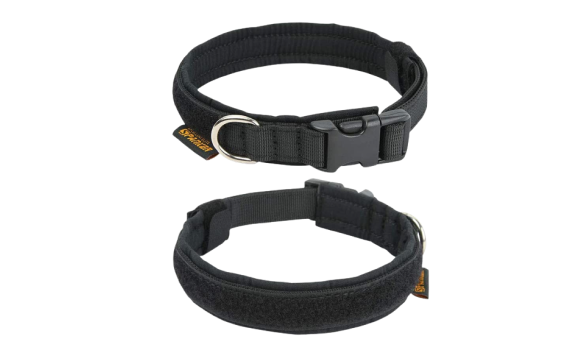
Depending on the breed of your puppy, he/she will have a lot of growing to do and will quickly grow out of its collar every few months. An adjustable collar is a good way to save you money and not need to shell out money for a new collar every few months.
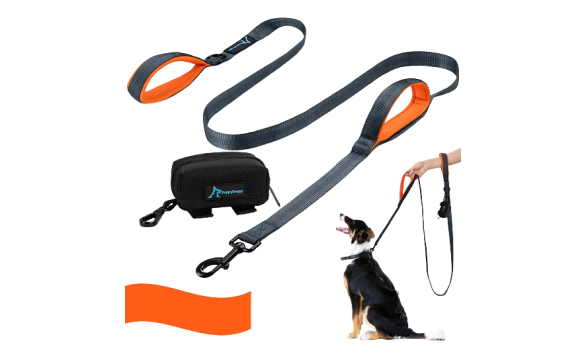
The leash you want will again depend on your breed, but in any case, it’s important to remember new puppies love to chew on things, especially their leads. So either buy a very sturdy and durable leash to begin with or opt for a basic leash that you’re happy to replace eventually. There are lots of different leash types from slip leashes to retractable leashes, but it’s always best to start out with a basic leash until you know what kind of lead training you want to do with your pup.
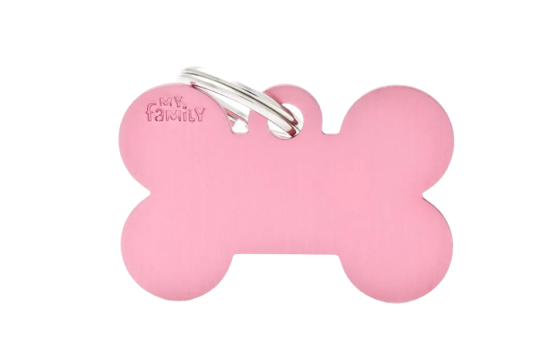
A dog ID tag is essential for your new puppy in case the worst happens and they escape. You can pick up dog ID tags from so many places – PetBarn has same-day delivery on ID tags and has a range of cute designs.
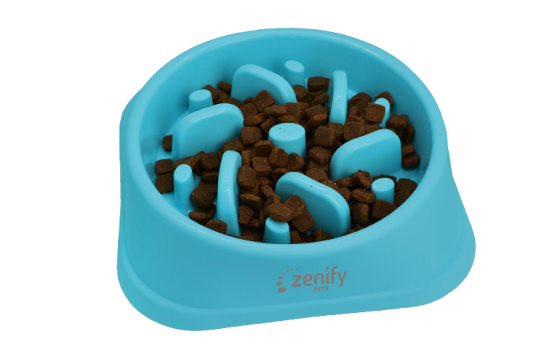
Food and water bowls are easy to find and buy, but depending on your puppy/breed, you might need a special bowl like a slow feeder to help slow your dog down when eating. You should buy the water bowl based on the size your dog will grow to be, so if you have a Labrador, for example, they are heavy drinkers and will need a bowl that can hold a decent amount of water versus a Dachshund etc.
Up-to-Date Microchip
Updating the microchip details of your dog is super important. Whether you get your pup from a breeder or adopt it, they’ll have a microchip inside them already. Just make sure you update the registration details to your details, including your name and address. A vet can help you do this.
Puppy Food
If you’ve bought your puppy from a breeder, they’ll likely have been on a certain type of kibble or diet while in the care of the breeder. It’s best to keep that same food for a week or two, and slowly start to transition your puppy to whatever type of food you intend to keep them on. There’s so much variety, so make sure you do your research. From kibble to grain-free, to cooked to raw food, just make sure you talk with your vet about your chosen diet to make sure your puppy is getting all the right nutrients a growing dog needs.
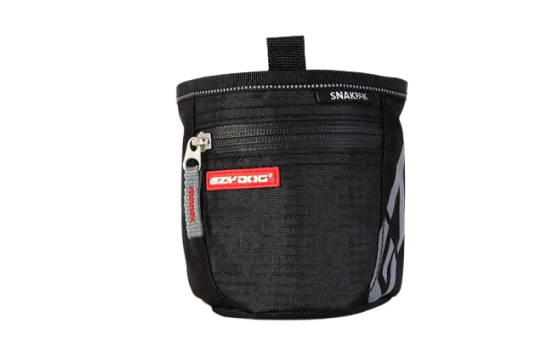
When it comes to dog training treats, you need something very high-value – something your dog will really love – in order to incentivise your puppy to perform the training trick you want. This will vary from dog to dog and you might have to play around with different treats until you find the right fit for your pup.
A treat pouch is also handy to have for easy access when training, especially when training on the leash.
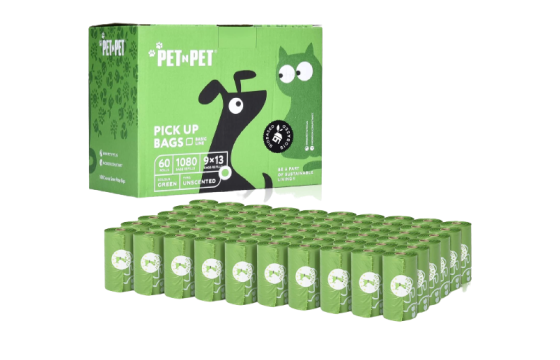
Poo bags are a necessity when you have a dog, because not cleaning up after your dog in public is a big doggy no-no. There are different types of poop bags, from eco-friendly to very basic and cheap, and you can even get a pooper scooper if you want (but not essential). You can buy poo bags in bulk off Amazon for super cheap too.
Puppy Pads/Fake Grass/Real Grass
Depending on how you want to house-train your dog will depend on what kind of toilet training gear you need. Some people are happy for their dogs to pee inside the house (on pee pads), but some trainers advise against this because it’s still teaching puppies it’s ok to pee inside the house (this is where crate training comes in – but more on that later)
If you have a backyard with grass, then it makes house-training easy. But say you just have a courtyard with pebbles, or even just an apartment balcony, you might need something like a fake grass patch (Kmart/Bunnings sell these very cheaply) or there are also providers of real grass patches that deliver every two weeks (although this will add up in price).
Here are some different house-training product options once you find the right fit for you:
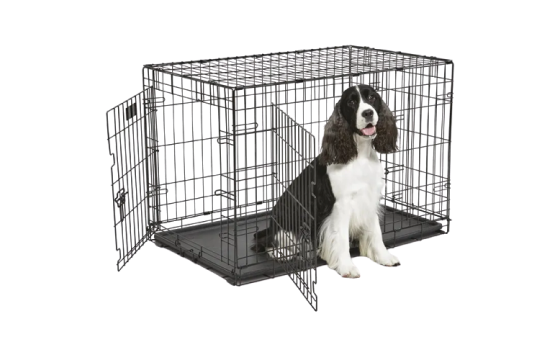
Depending on your puppy-training methods, you’ll want a puppy bed and crate. Many dog trainers will recommend crate-training your dog as it’s an invaluable tool, but not all dog owners want to do this.
When it comes to puppy beds, just be mindful that your dog is likely to chew up his first bed (I learnt the hard way and bought my dog a $150 plush dog bed he chewed in a day).
You’ll also quickly learn how your dog likes to sleep – some curl up in a ball, in which case a round bed is ideal. Some like to sprawl out, so you will want to buy them a rectangular bed.
Take some time to figure out your puppy’s sleeping style, and also until he’s through the chew-phase before investing in a good dog bed. For the meantime, you can grab some cost-effective options from Amazon or your local pet store.
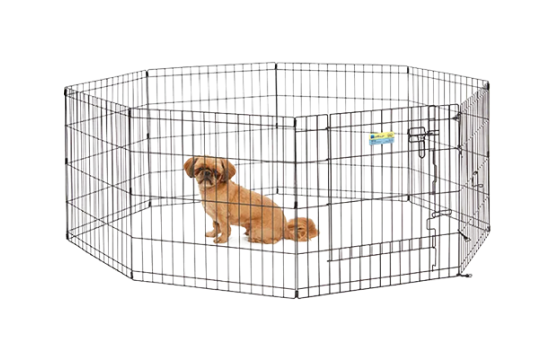
A puppy play-pen or baby gate is important to keep your puppy safe and out of mischief when left unsupervised so he doesn’t get into anything he shouldn’t (food/your shoes etc).
Depending on your house configuration and where you’ll keep your puppy, one might work better than the other. You can block certain rooms with a baby gate, or you can attach a metal pen to the puppy’s crate, or buy a material puppy playpen.
New Puppy Checklist: The Best Dog Toys
Every puppy needs a good stash of toys to play with, and all for different types of play/comfort.
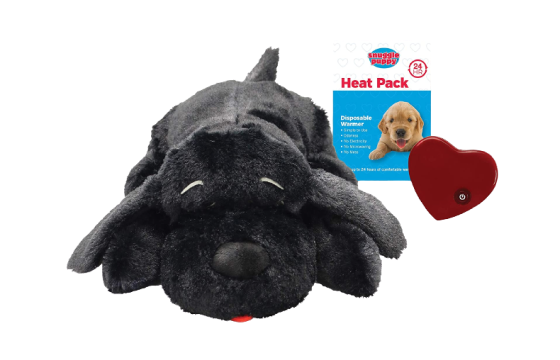
Especially for new puppies, a calming toy can really help your pup transition to life in a new home away from their litter. There are some really cute plush toys with a heartbeat inside to mimic the feel of being close to littermates. I used one with my dog and can confirm it worked a treat.
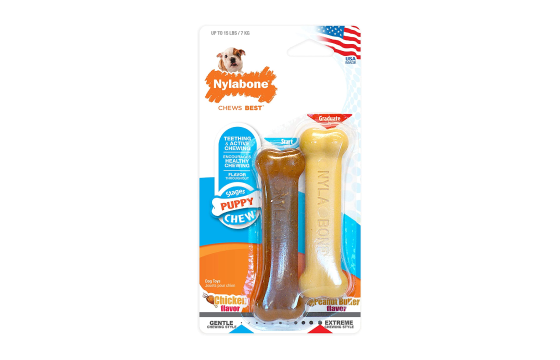
While some toys are for snuggling, some are for some hard-core chewing, especially during the teething stage (better a toy than your couch or chairs!). Nylabone are popular and loved by most dogs.
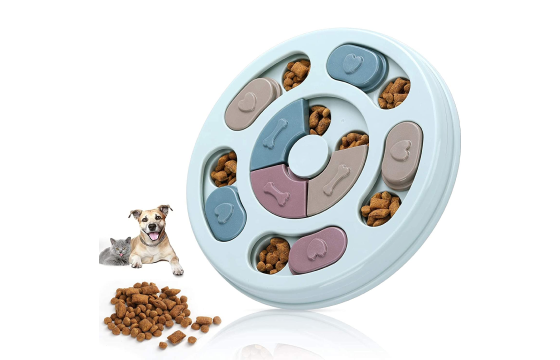
Puzzle toys are a great way to tire your puppy out with minimal effort on your half. Puppy’s need mental stimulation and physical exercise – and sometimes mental stimulation can make your puppy more tired than a run at the park.
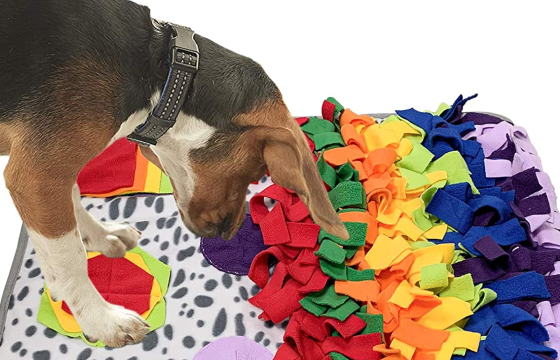
Snuffle mats are a great interactive toy to keep your puppy occupied and using their hunting noses. You can fill a snuffle mat with some kibble or treats and watch your dog be entertained for hours.
New Puppy Checklist: Grooming Supplies
Whether you’re going to send your puppy for a regular groom or not, having some grooming supplies on hand at home is very important to the overall health and well-being of your pup.
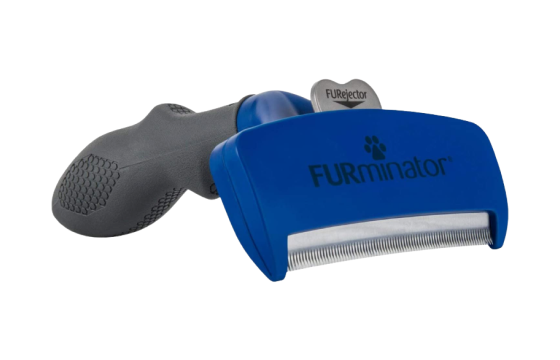
Depending on the breed of your dog, you might find you need to brush them once a day or once a week or month. Dogs that shed will need a regular brush, but even low-shed breeds need a brush every now and again. Furminators are one of the best deshedding brushes out there.
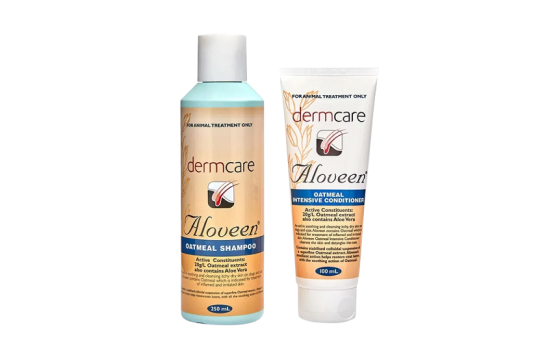
While you shouldn’t overwash your puppy because it can dry out their skin, a wash here and there is important to keep them looking and smelling fresh. Depending on your dog’s skin, you might need something soothing and calming, and oat milk shampoo is always a good bet no matter what your dog’s skin type.
New Puppy Checklist: Cleaning Supplies
A new puppy means a whole lot of mess, but it’s not so bad if you’re prepared with the right cleaning supplies!
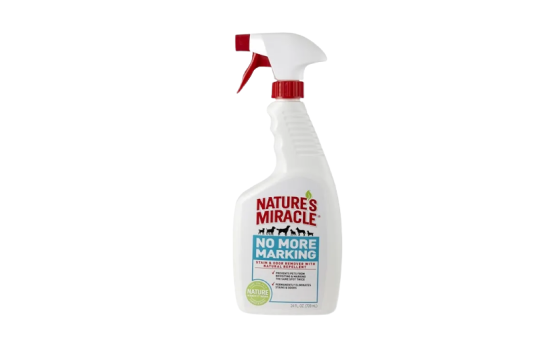
If you’ve ever raised a dog, you’ll know that once they’ve peed in one spot, it’s likely they’ll go in the same spot again. This is due to a dog’s innate nature to mark its territory. That’s why it’s a good idea to have an enzyme cleaner that will break down the smell of urine (normal soap/spray won’t cut it).
New Puppy Checklist: Essential Services
With all the essential supplies taken care of, there’s one more thing to think about: your essential services. You can’t raise a puppy all on your own – you need the help of trusted professionals and services to help pull you through. Here are some of the most important to have:
Veterinarian
A trusted local vet provider is essential. Of course your pup will need vaccinations, but should they ever get sick, you’ll want someone on hand who knows your dog and who you can trust to get them well again.
It’s also important to know where you’d take your dog in an emergency – 24/7 vets do exist, so it’s important to scope out the nearest one to you.
Pet Insurance
It’s hard to think about your puppy falling ill or having an accident, but veterinary costs can be incredibly expensive and pet insurance is vital. It gives you peace of mind you’re covered should catastrophe strike, and the sooner you get pet insurance the better (because if your pup gets ill before you have insurance, most providers won’t cover it under pre-existing conditions).
Other New Puppy Services
Dog Trainer: Taking your dog to puppy pre-school or at the very least doing some online training is crucial. Not only will it make raising your puppy easier, but it ensures they are a well-rounded, well-socialised dog. Trust us, putting in the hard yards now will pay off ten-fold when you have a beautiful, well-mannered companion.
Pet Sitter: Finding a trust pet-sitter will make life a lot easier for you when you inevitably have to go away and can’t bring your fur-child along. There are plenty of trust pet sitter websites, like Mad Paws, where you can find trusted, reviewed pet sitters.
Dog Walker: Every dog needs daily exercise – some even twice a day. Having a dog walker on hand can make your life and the life of your pup a whole lot better, especially if you work long hours.

